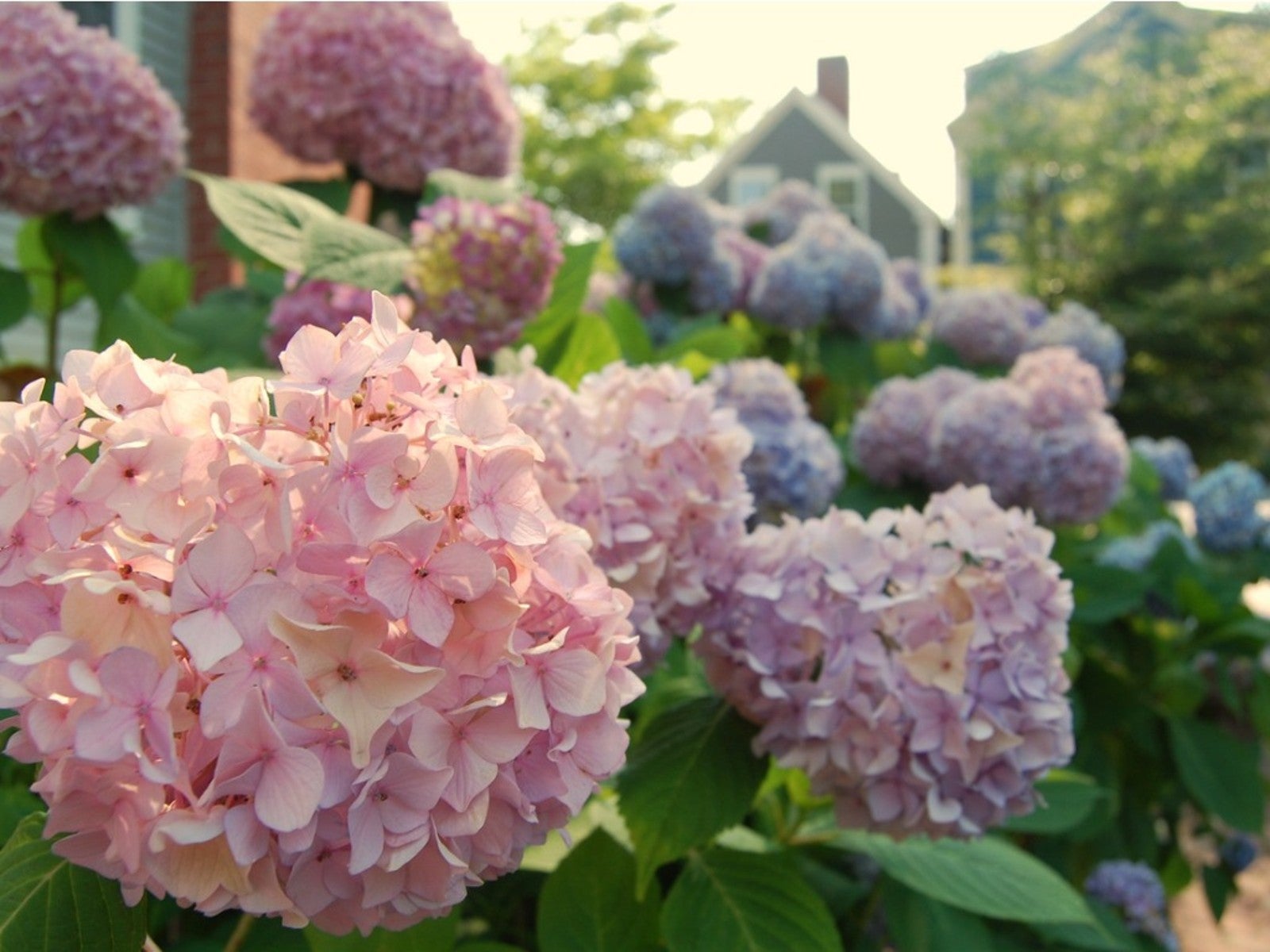
The best bushes for Northeast gardeners depend upon a variety of criteria. Are you looking for deer resistant shrubs for your Northeast garden, or native New England shrubs? Do you prefer evergreen shrubs, or are you more focused on flowering bushes? Don’t worry, we’ve got you covered. Keep reading to learn about the best bushes for your Northeastern garden.
Types of Bushes for Northeast Gardeners
If you are looking for low maintenance plantings look no further than shrubs native to New England and the northeasta. Native plants have many advantages, not the least of which is that over time they have become adapted to the climate they grow in. This means they are often low maintenance having acclimated to drought or consistently wet soil or high summer or frigid winter temperatures. This ups their survivability significantly.
Native plants also provide shelter and food for local animals as well as nectar and pollen for birds, bees, and other pollinators.
That said, you may have your heart set on a non-native species for your New England landscape. Non-native plants may give you a specific year-round interest, height, bloom color, and more that you are searching for.
Before you invest in shrubs for the garden, identify exactly what you are looking for in height, bloom time and color, ability to attract pollinators and wildlife, low maintenance, deer resistance, or other needs.
Landscape Planning Tips
Once you’ve decided on your plant needs, it’s time to check out the specifics of your landscape. Is your soil mostly silt, clay, or sand? Well-draining or wet? Is the soil neutral, acidic, or alkaline? The best way to determine the content of your soil is by doing a soil test.
Also consider your sun exposure. Does the area you wish to plant sit in full sun, partial sun, or part shade? How many hours of sun does the site get? Full sun is determined to be an area with six or more hours of direct sun, part sun four to six, and part shade two to four. A completely shaded site gets less than two hours of direct sun per day.
Sign up for the Gardening Know How newsletter today and receive a free copy of our e-book "How to Grow Delicious Tomatoes".
Most plants need a supplemental water source; even drought tolerant plants need supplemental water when young. Is there sufficient water available in this area?
Once you have an idea of the condition of your garden, it’s time to research plants. Before you purchase you should know about the growth habit, especially the shrubs' mature size, rate of growth, spread, invasive potential, and of course maintenance required.
Evergreen Shrubs for New England
Some gardeners think of evergreens as rather boring but many of them not only provide a supportive backdrop to the garden but yield colorful foliage or berries sure to entice wildlife while adding a pop of color to the winter landscape.
Evergreen shrubs suited to New England include:
- Japanese Pieris ‘Katsura'
- Meserve Holly ‘Conapry'
- Viburnum ‘Cree'
- Rhododendron
- Azalea
- Gardenia
- False cypress
- Mirror bush
- Inkberry holly
- Arborvitae
- Wintercreeper
- Juniper
- Boxwood
- Yew
- Spruce
- Japanese holly
- Mugo pine
- Mahonia
These are all suited to east coast gardens. Some of them do double duty; not only are they evergreen but they provide year-round interest and/or bloom or fruit.
Deer Resistant Bushes for Northeastern Gardens
Deer can be indiscriminate and rapacious eaters but there are some shrub choices even they turn their noses up at. Generally, deer eschew plants that are toxic, aromatic, and heavily tactile. Some of the shrubs listed above as evergreens fit the bill such as arborvitae, inkberry, pieris, boxwood, holly, and yew.
Other options for deer resistant shrubbery include:
- mountain laurel
- eastern red cedar
- bayberry
- bluebeard
- spirea
- barberry
- juniper
- bamboo
- wintercreeper
If you are looking for deer resistant shrubs that bloom, try planting butterfly bush (Buddleia), Russian sage, and swamp rose. Lilac, bottlebrush buckeye, witch hazel, mock orange, camellia, some dogwood (Kousa, Red Osier, and Red Twigged), and rose of Sharon are additional blooming shrubs that deer seem to be disinterested in.

Amy Grant has been gardening for 30 years and writing for 15. A professional chef and caterer, Amy's area of expertise is culinary gardening.
